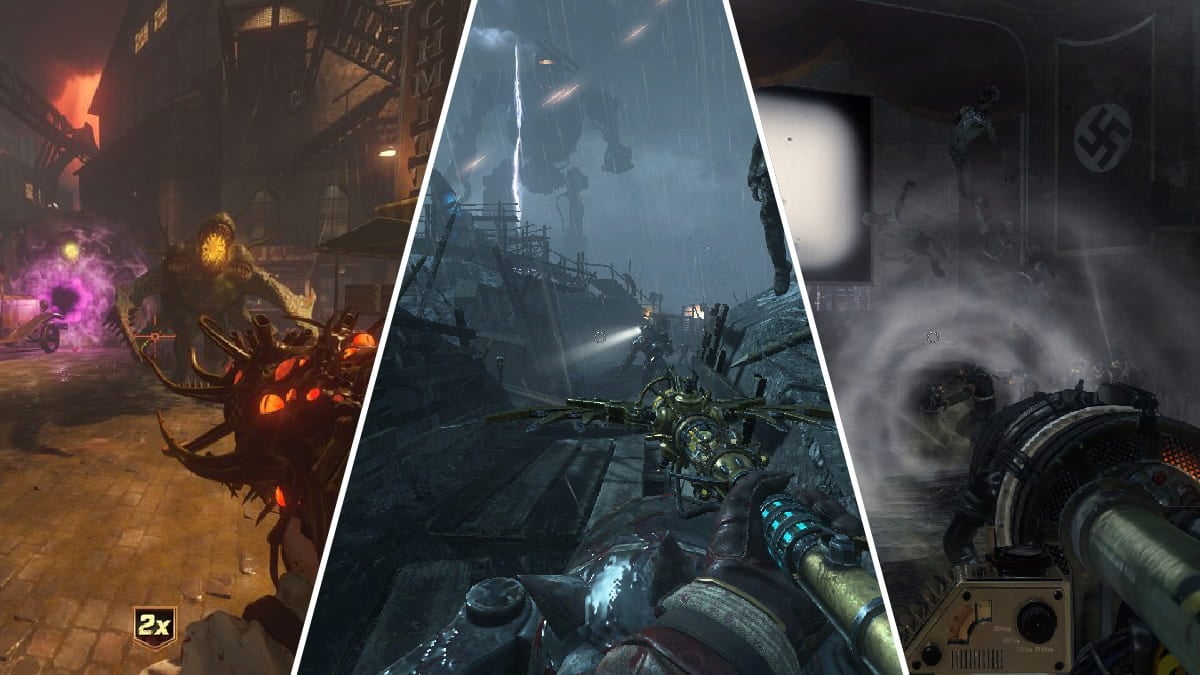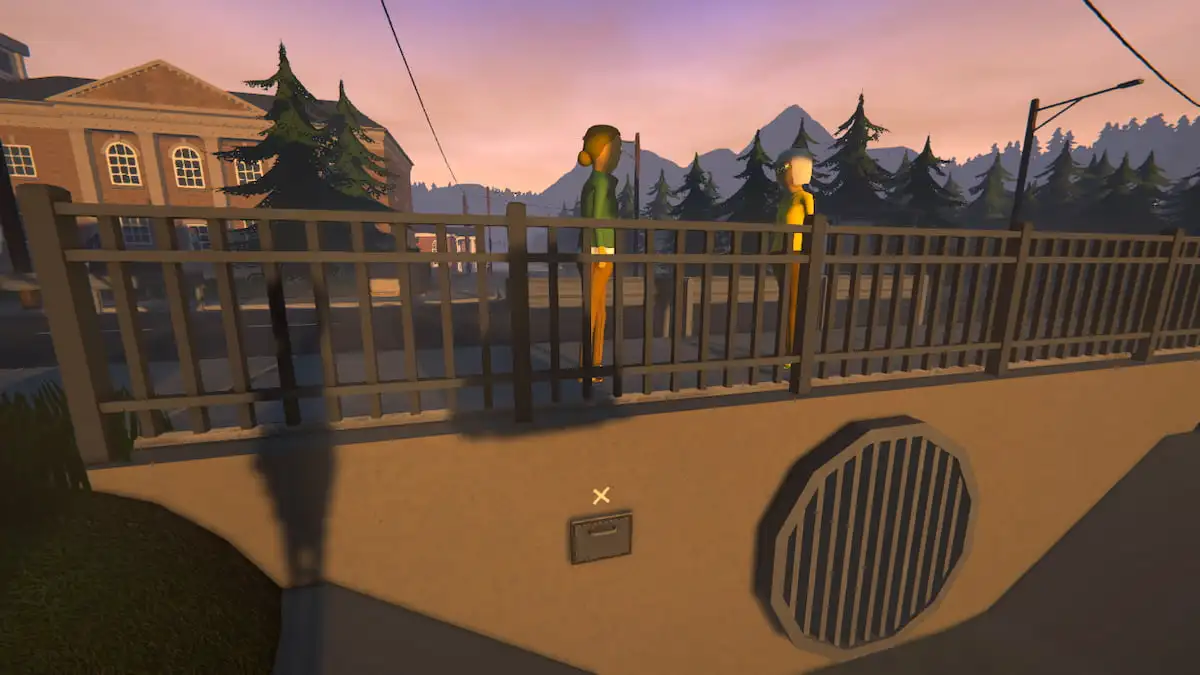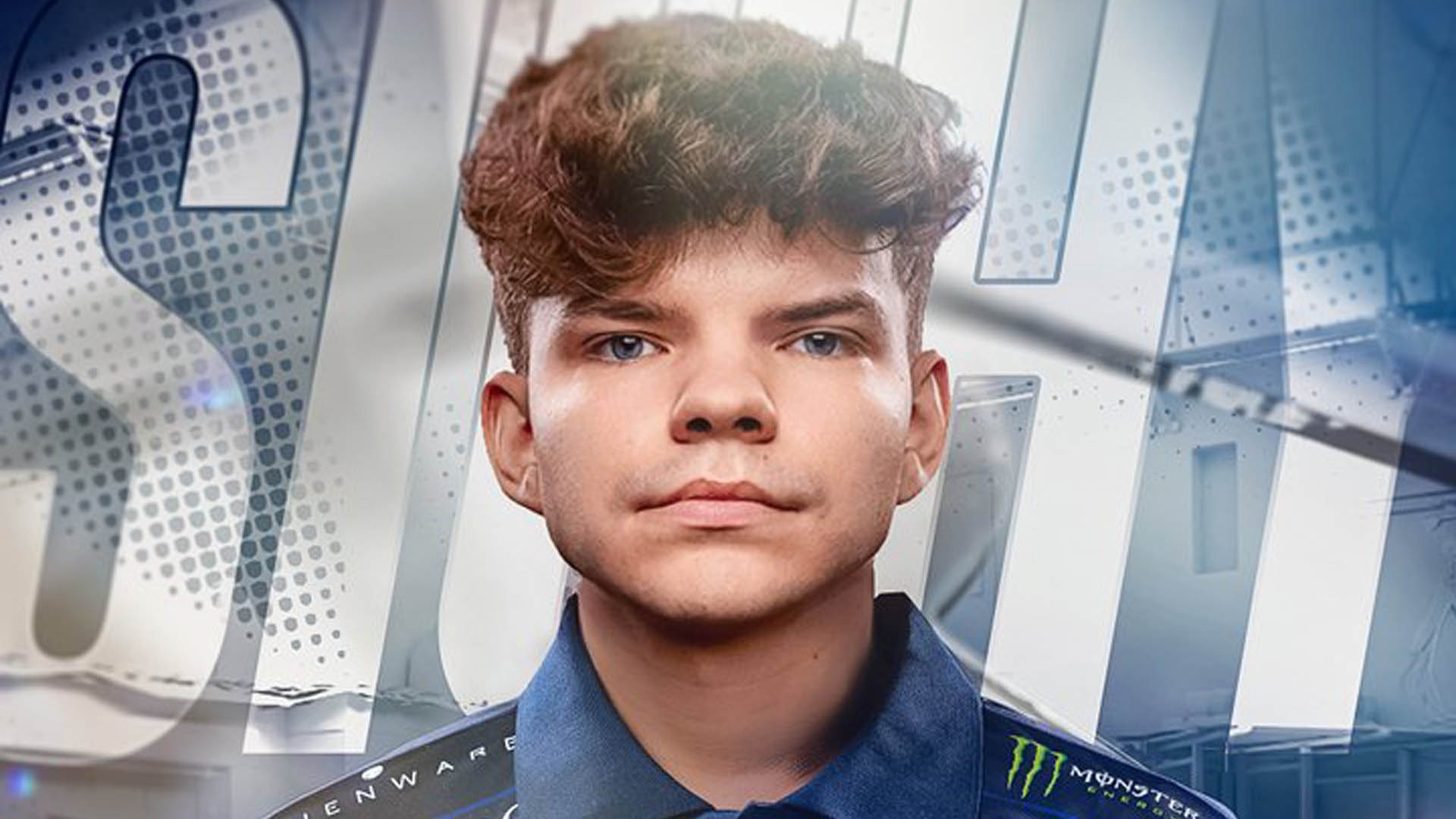Gazer’s slow-burn descent into thriller paranoia territory echoes work from David Lynch, Stanley Kubrick
There’s a line early on in the psychological thriller Gazer that’s been running through my mind ever since I finished watching it. “How can time heal, if you can’t even feel time passing?” a character rhetorically asks the film’s protagonist. As the plot unfolds, that question transforms into a thesis for Gazer as a whole: […]


There’s a line early on in the psychological thriller Gazer that’s been running through my mind ever since I finished watching it. “How can time heal, if you can’t even feel time passing?” a character rhetorically asks the film’s protagonist. As the plot unfolds, that question transforms into a thesis for Gazer as a whole: It’s an eerie meditation on the discontinuity between time and grief, and the impermanence of memory itself.
Directed by Ryan J. Sloan, Gazer centers on Frankie (Sloan’s co-writer, Ariella Mastroianni), a young mother with a degenerative cognitive condition that affects her ability to discern the passage of time. Working as a gas station attendant in Jersey City, she spends her days scraping for money to support her young daughter Cynthia, who lives under the care of Frankie’s mother-in-law.

After losing her job due to her condition, Frankie is serendipitously presented with the opportunity to earn $3,000 on the condition that she retrieve a woman’s car and drive it out of town. In her desperation, she accepts the offer, inadvertently thrusting herself into a web of paranoia and deceit as she struggles to grasp her unwitting complicity in something terrible.
Gazer is Sloan’s directorial debut, and it feels like it. On the whole, the film could aptly be described as psychological thriller in the vein of Christopher Nolan’s Memento and Alfred Hitchcock’s Rear Window, interspersed with a series of bizarre, dreamlike episodes that feel like a triptych of work by David Lynch, David Cronenberg, and Stanley Kubrick, respectively. While it might be tempting to dismiss Gazer as wholly derivative based on that description alone, Sloan’s execution, the way he threads that referentiality throughout the plot, and the strength of Mastroianni’s performance all work to the film’s benefit.

It’s impossible to talk about Gazer without focusing on Mastroianni, whose portrayal of Frankie is inarguably the film’s strongest element. The audience spends so much time with Frankie, seeing the world through her fractured perspective, hearing her thoughts through her own ears as she listens to tape recordings of herself talking designed to anchor her to the chronological present. When her predicament inevitably derails her carefully orchestrated routine, it results in some of Gazer’s most engaging sequences, particularly when Frankie’s on-screen actions begin to diverge from, if not outright contradict, the methodically rehearsed instructions of her past self.
Coupled with the isolation that comes as a result of her rapidly deteriorating condition, and her inability to see or communicate with her daughter due to her mother-in-law’s obstruction, Frankie lives a life in no specific order, alone in a single-room apartment that’s barren of anything but the few personal items and stack of cassette tapes she has to her name. She is, to paraphrase a quote from another film, God’s lonely woman, unmoored from both her past and present. Mastroianni’s performance is affecting and sympathetic, channeling the listless frustration and acute paranoia of a woman who has become unstuck in time, holding on for dear life to the one relationship that still anchors her existence — her connection with her daughter.

Steve Matthew Carter’s score is especially worth mentioning among the film’s strengths. While at first conventional, with its wailing saxophone notes peppered with orchestral instruments and a smattering of electronic sounds, Gazer’s score eventually dives off the deep end into a swath of droning synths and discordant jazz reminiscent of the late Jóhann Jóhannsson. Carter’s music is a pitch-perfect accompaniment to Frankie’s mental state, deteriorating in real time along with her own fraying sense of space and reality.
In the end, Sloan’s film coheres into a confident psychological thriller that’s more than the sum of its influences. While the listless pacing of its first act might deter some audiences, those patient enough to sustain their interest beyond that will be rewarded with a clever, entertaining mystery with ample room for interpretation, and more depth than it might initially appear to muster. For Sloan as a first-time director and Frankie as a suffering mother, time keeps on slipping, slipping, slipping into the future.
Gazer hits theaters April 4.



















































































































































































.jpg)





















































































